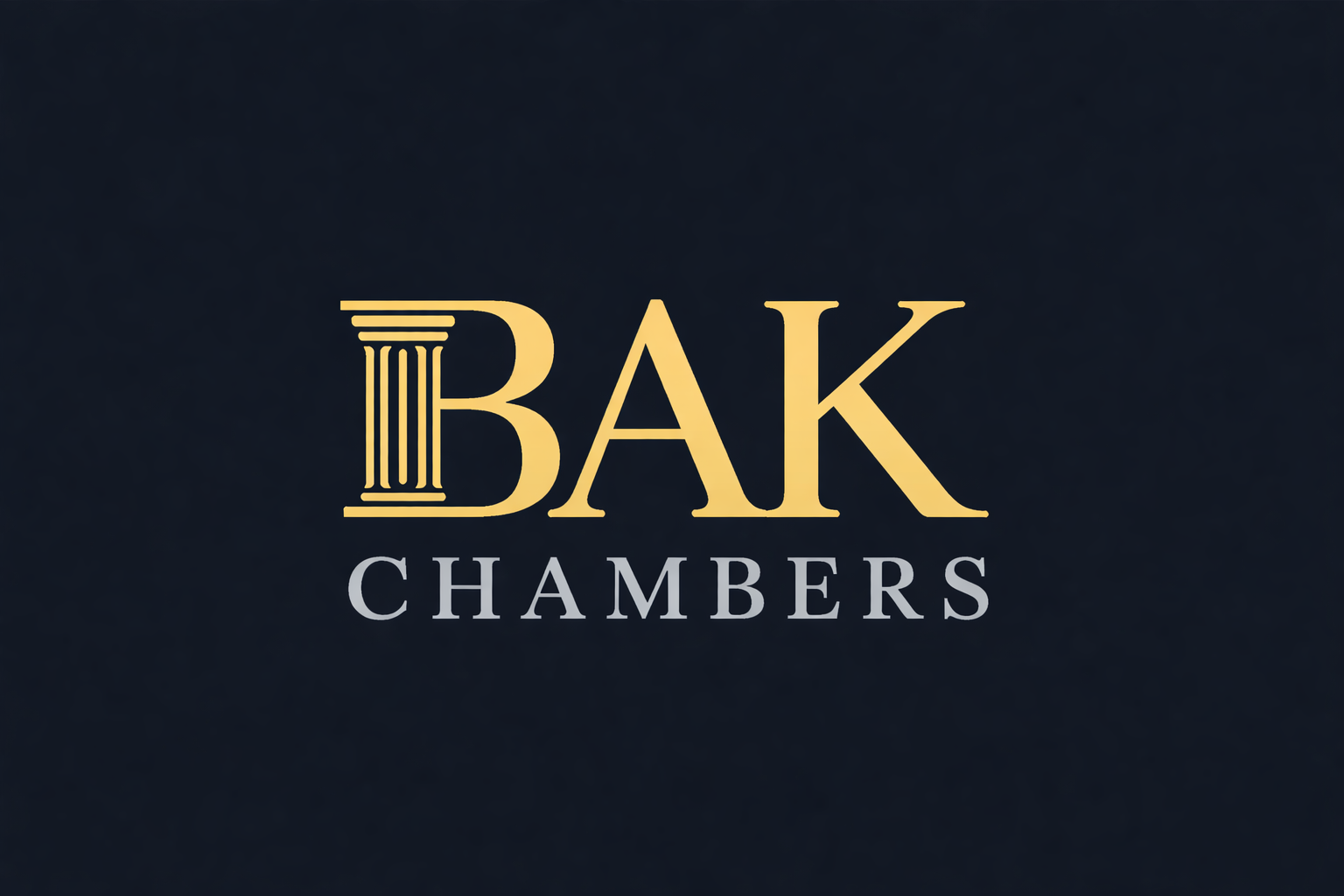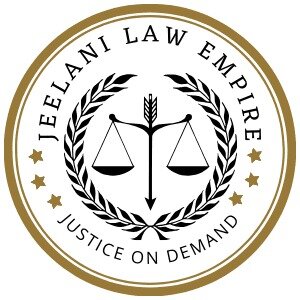Best Disability Lawyers in Pakistan
Share your needs with us, get contacted by law firms.
Free. Takes 2 min.
Or refine your search by selecting a city:
List of the best lawyers in Pakistan
About Disability Law in Pakistan
Disability law in Pakistan is designed to protect the rights of individuals with disabilities, promote equal opportunities, and prevent discrimination. The country has made significant strides towards improving the lives of people with disabilities through legislation and various initiatives. Notably, the Disabled Persons (Employment and Rehabilitation) Ordinance, 1981, was the first comprehensive law addressing employment, accessibility, and inclusion for people with disabilities. More recently, the implementation of the United Nations' Convention on the Rights of Persons with Disabilities (UNCRPD) has further influenced policies and laws aimed at supporting this community.
Why You May Need a Lawyer
There are numerous situations where individuals with disabilities or their families may require legal assistance. Some common scenarios include:
1. Navigating employment rights to ensure fair treatment and accommodations in the workplace.
2. Understanding educational rights and advocating for appropriate support services at schools and universities.
3. Accessing governmental benefits and services, including healthcare, housing, and rehabilitation programs.
4. Addressing cases of discrimination or harassment in public or private spaces.
5. Ensuring accessibility standards are met in new and existing infrastructure.
Local Laws Overview
Pakistan's legal framework for disability rights includes various provisions, both at the federal and provincial levels. Highlights include:
1. The Disabled Persons (Employment and Rehabilitation) Ordinance, 1981: This law mandates employment quotas for people with disabilities and outlines their rights to vocational training and rehabilitation.
2. The National Policy for Persons with Disabilities, 2002: This document provides guidelines for improving the quality of life for individuals with disabilities through inclusive education, vocational training, and barrier-free environments.
3. Provincial Legislation: Provinces such as Sindh and Punjab have enacted laws specific to their jurisdictions, promoting the inclusion, welfare, and protection of persons with disabilities.
Frequently Asked Questions
What rights do people with disabilities have in Pakistan?
Individuals with disabilities in Pakistan are entitled to equality, non-discrimination, and fair opportunities in employment, education, healthcare, and social participation under both local laws and international agreements like the UNCRPD.
How is disability defined legally in Pakistan?
The legal definition often encompasses a broad range of physical, mental, intellectual, and sensory impairments that may hinder full participation in society. However, specific definitions can vary by law and province.
Are there employment quotas for disabled persons in Pakistan?
Yes, the 1981 Ordinance mandates a quota system for employing people with disabilities in both public and private sectors, typically requiring at least 2% of the workforce be individuals with disabilities.
What should I do if I face discrimination due to my disability?
If you've faced discrimination, consider filing a complaint with the relevant governmental body, seeking assistance from disability rights organizations, or consulting a legal professional specializing in disability law.
How can one access disability benefits and services?
Benefits and services can be accessed through federal or provincial departments responsible for social welfare, disabilities, or labor. It's important to keep informed about the specific programs available in your area.
Can children with disabilities access inclusive education?
Yes, policies are in place to promote inclusive education. Schools are encouraged to make accommodations and provide necessary resources to support students with disabilities.
What legal protections exist for accessibility in infrastructure?
Recent regulations stress the importance of accessibility in public spaces, and various standards have been established for the construction and modification of facilities to accommodate individuals with disabilities.
Are there specific laws for people with mental disabilities?
Yes, mental health acts and policies exist that address the rights and treatment of individuals with mental disabilities, ensuring their inclusion and protection under the law.
Is legal aid available for people with disabilities?
Some non-profit organizations and legal aid societies offer free or low-cost legal services to individuals with disabilities who cannot afford legal representation.
What international agreements influence Pakistani disability laws?
Pakistan is a signatory to the United Nations' Convention on the Rights of Persons with Disabilities, which shapes local legislation and promotes the integration and empowerment of people with disabilities.
Additional Resources
For further assistance and information, consider reaching out to the following:
- The National Institute of Special Education (NISE)
- Provincial Departments of Social Welfare
- The Pakistan Disability Welfare Association (PDWA)
- The Special Talent Exchange Program (STEP)
- United Nations Development Programme (UNDP) initiatives on disability in Pakistan
Next Steps
If you need legal assistance for a disability-related matter, consider the following actions:
1. Identify the specific issue you are facing: Whether it's related to employment, education, healthcare, or any other area.
2. Gather all relevant documentation: Medical records, employment contracts, educational assessments, and any correspondence related to your case.
3. Consult with a lawyer specializing in disability law: Seek recommendations from disability organizations or legal aid societies to find a qualified professional.
4. Consider reaching out to government bodies: They can provide guidance on your rights and the proper procedures to follow.
By taking these steps, you can better navigate the legal landscape and secure the rights and services you are entitled to.
Lawzana helps you find the best lawyers and law firms in Pakistan through a curated and pre-screened list of qualified legal professionals. Our platform offers rankings and detailed profiles of attorneys and law firms, allowing you to compare based on practice areas, including Disability, experience, and client feedback.
Each profile includes a description of the firm's areas of practice, client reviews, team members and partners, year of establishment, spoken languages, office locations, contact information, social media presence, and any published articles or resources. Most firms on our platform speak English and are experienced in both local and international legal matters.
Get a quote from top-rated law firms in Pakistan — quickly, securely, and without unnecessary hassle.
Disclaimer:
The information provided on this page is for general informational purposes only and does not constitute legal advice. While we strive to ensure the accuracy and relevance of the content, legal information may change over time, and interpretations of the law can vary. You should always consult with a qualified legal professional for advice specific to your situation.
We disclaim all liability for actions taken or not taken based on the content of this page. If you believe any information is incorrect or outdated, please contact us, and we will review and update it where appropriate.
Browse disability law firms by city in Pakistan
Refine your search by selecting a city.

















